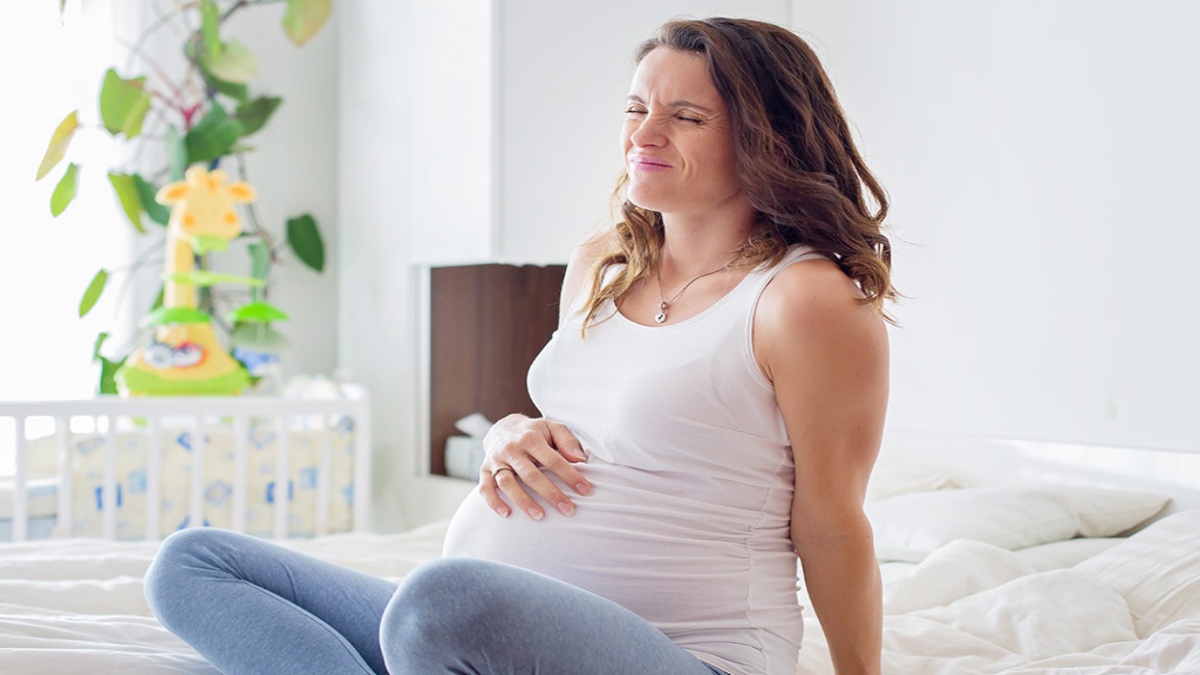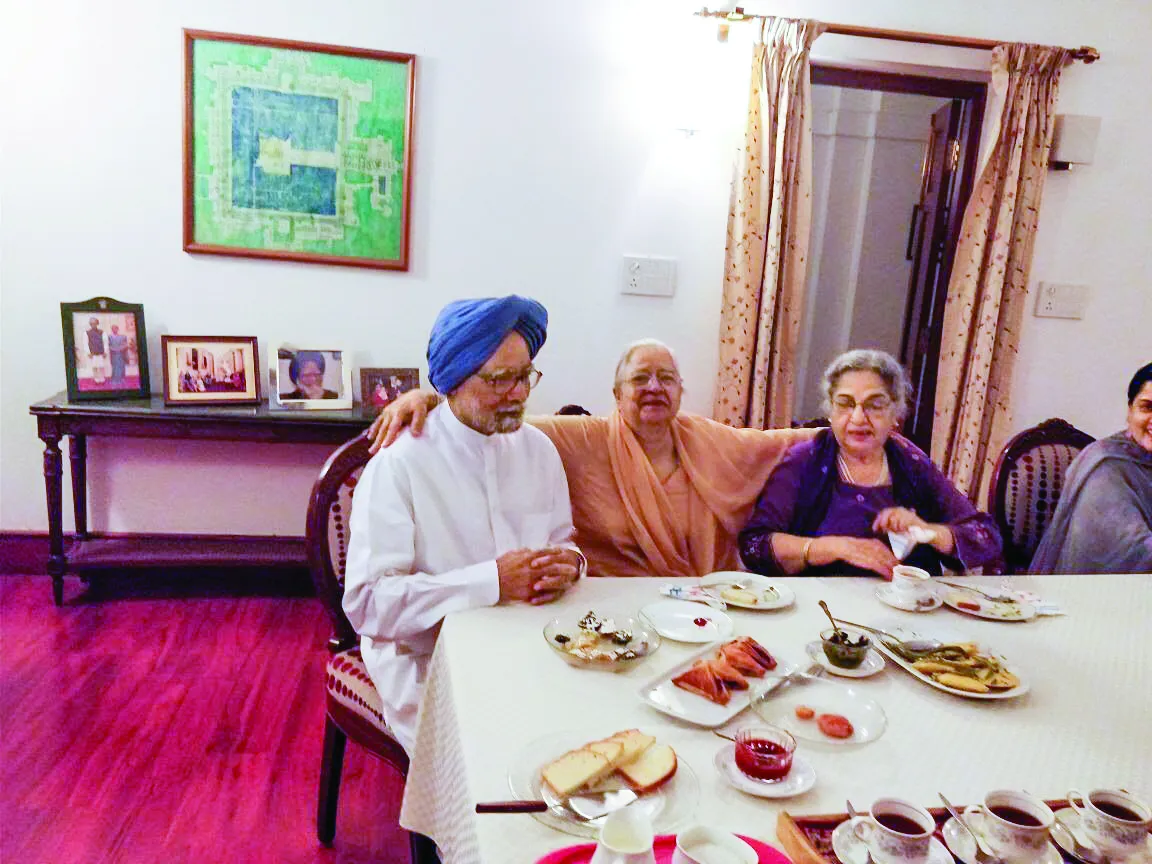Planned or unplanned, the birth of a child is a significant event in a couple’s life. Even when one seeks to terminate a pregnancy (for whatever reason), either you find yourself struggling to make that decision or stopping yourself from thinking too much. Yet when the loss happens unexpectedly and especially when you had been trying desperately and conceived after much struggle, it feels devastating and painful.
Ironically, the grief of the loss is generally viewed differently. Women who miscarry early, their grief is unacknowledged and less socially acceptable than the suffering of someone who miscarries later in their pregnancy. With later losses, one can choose to have a ritual to grieve but with early loss (or perhaps a failed IUI or IVF cycle), the invisible loss isn’t validated. But there is no direct association between the length of gestation and intensity of grief.
The psychological impact of pregnancy loss (or stillbirth) is immense. Before the menstruation, post-miscarriage pregnancy hormones can continue to cause emotional turmoil. Simultaneously, in their attempt to make sense of what happened and why it happened to them, women torment themselves. They doubt if they’ll ever have a baby to hold and call their own. There’s shock, guilt and shame, feeling unlucky and abandoned by good fortune, sense of being cheated and personal failure, self-blame for somehow being responsible for losing the child, difficulty to accept genuine sympathy, jealousy to see someone else pregnant, anger and despair, and insecurities. They continue to change the narrative about the loss to cope with it. If a woman who was ambivalent about the pregnancy earlier loses it, then its particularly difficult because the guilt is acute. Along with these emotions, there’s anxiety, depression and stress about how it will impact their lives, their future pregnancies and their relationship with their partner and extended family.
Although women are the focus of attention post the loss, the partner’s grief is somehow overlooked, dismissed or downplayed. Societal and cultural influences tend to make them see their roles more as support to the women and not recognise their loss. But men too suffer both psychological and physical health issues after pregnancy loss. Sometimes they engage in compensatory behaviour, like working long hours or drinking etc to ease the pain. Some mask their grief as anger. They’re unable to reach out to express how much they miss their partners or want to hold and comfort them. Most often, they simply withdraw to moan their loss in silence and isolation.
Pregnancy loss has far-reaching implications on a couple›s future aspirations and planning subsequent pregnancies. It’s essential to grieve for the multiple losses – loss of dreams, self-esteem, anticipated parental role and having to deal with death. The grief is complicated and if left unresolved then it can lead to ineffective parenting behaviour and style with consecutive children. There’s also the concept of replacement child syndrome where the subsequent child is a substitute for the one that was previously lost. A variant of this syndrome is the vulnerable child syndrome, where parents are overprotective with unrealistic expectations of the subsequent child. They fear they will forget their previous loss and/or fear losing this child too.
Unresolved grief can also lead to anxiety and depression. With anxiety, there are guarded emotions, powerlessness, helplessness, avoidance behaviours while depressive symptoms manifest themselves in self-criticism and interpersonal dependency.
Cultural rituals are helpful following pregnancy loss and couples need emotional support. Most people are unprepared and struggle to provide support with those painful yet crucial conversations. This difficulty leads them to instead ask them to look at the brighter side by saying you’re young, or you can get pregnant again or you’re lucky to already have another child or you’ll get over it soon. Although well-intentioned, they fail to acknowledge the loss they’re feeling or provide them with the space to process their emotions and talk openly about their experience. Listening instead of constantly thinking of the right thing to say is sometimes more important as couples do need a safe and non-judgemental space to break their silence.
Given the personal and vulnerable nature of pregnancy loss, it’s wise to honour the couples privacy and seek their permission before talking to them. The coping process does take time and grief can re-emerge at any time. Men and women cope with loss in different ways. It’s unreasonable to think that one can get past their sadness quickly. Support groups can make the journey less painful, allow a space to ask for help and not feel alone. Accepting and coming to terms with the loss is an important step.
It takes time to heal and healing can only feel complete if the grief is dealt with as it comes. Thus, it’s imperative not to stigmatise pregnancy loss.
The writer is a mental health counsellor. The views expressed are personal.























